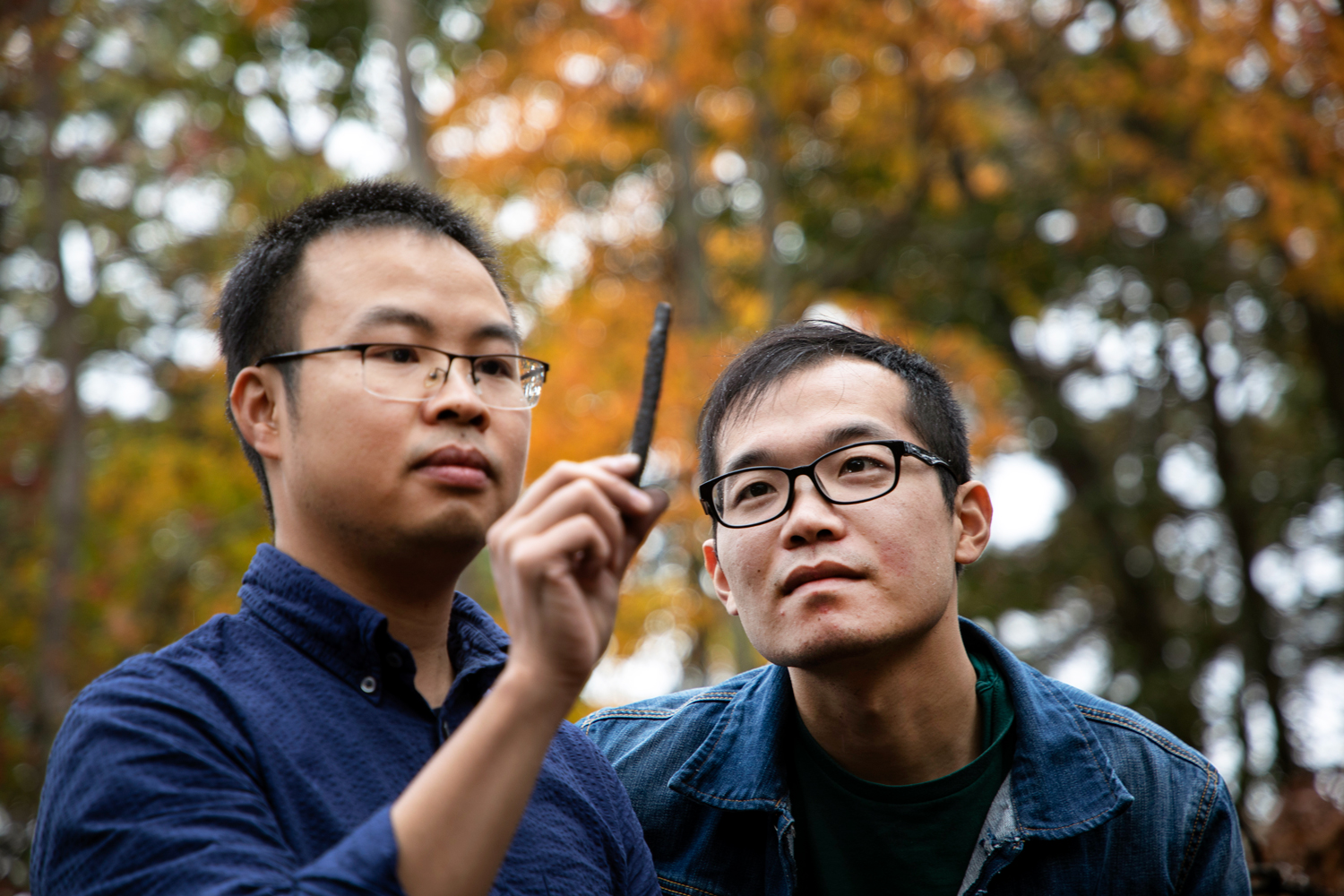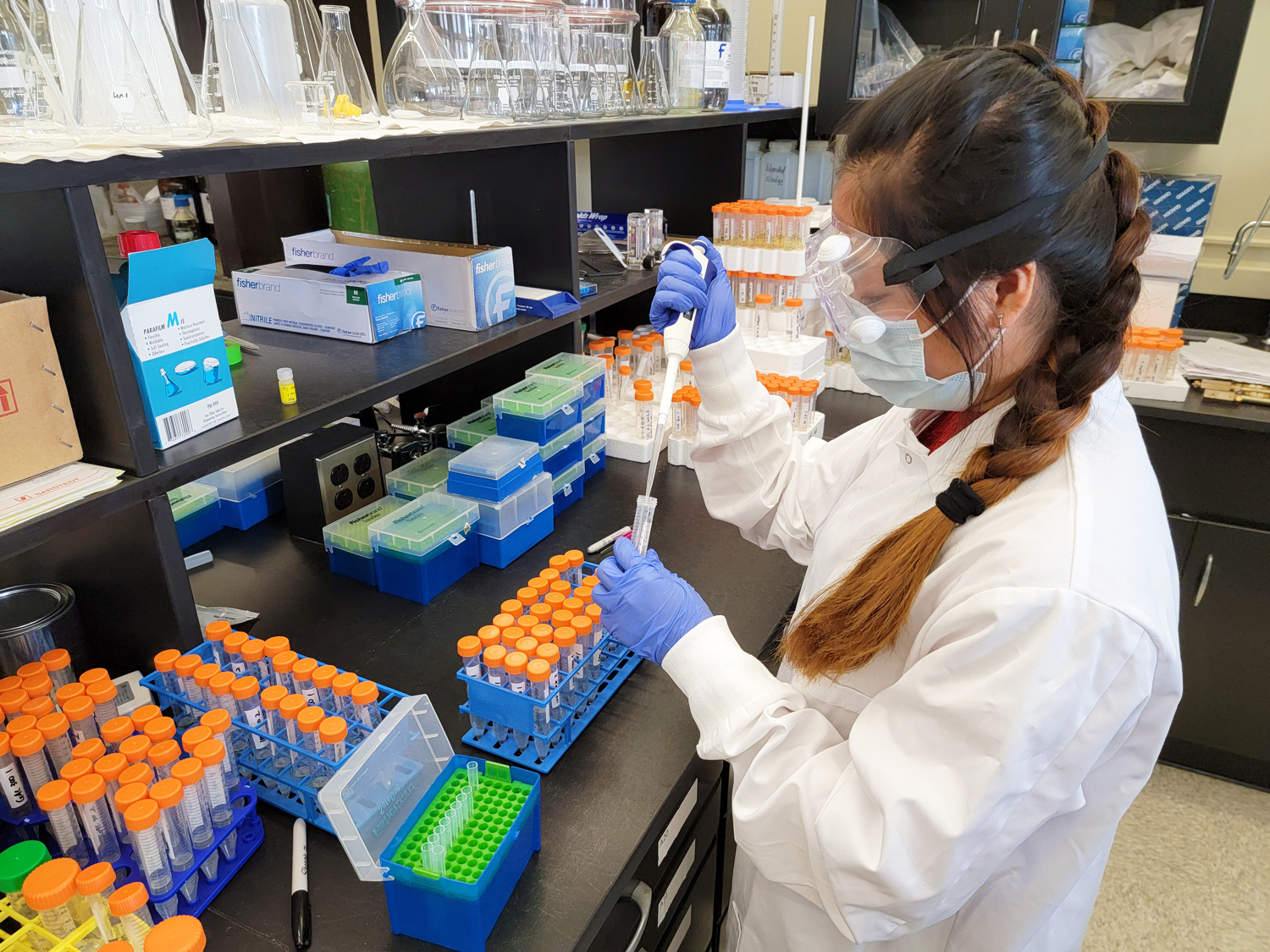Deadlines
Departmental Assistantship Consideration
- Fall: Rolling
- Spring: Rolling
- Summer: Rolling
Departmental Assistantship Consideration is subject to availability of funds and student credentials.
No Departmental Assistantship Consideration
- Fall: Rolling
- Spring: Rolling
- Summer: Rolling
Required Application Materials
- Transcripts from all schools attended
- Three letters of recommendation
- Personal statement
- GRE (Optional)
Applicants are expected to have a master's degree or an ABET-accredited bachelor's degree in Environmental Engineering or a closely related field. Applicants from other areas will be considered on a case-by-case basis.
For students entering the PhD program without engineering degrees, but from quantitative science backgrounds such as chemistry, physics, meteorology, etc., they would need to take at least three (3) 400-level ESE courses specifically related to their research projects or chosen concentration areas. A grade of B or above for each course is required in order to be fully admitted to the PhD program. For students entering the PhD program without engineering degrees, but from less quantitative backgrounds such as biology, public health etc., they would need to take two (2) 300-level ESE courses and three (3) 400-level ESE courses specifically related to their research projects or chosen concentration areas. A grade of B or above for each course is required in order to be fully admitted to the PhD program.
Available information for International Applicants.





